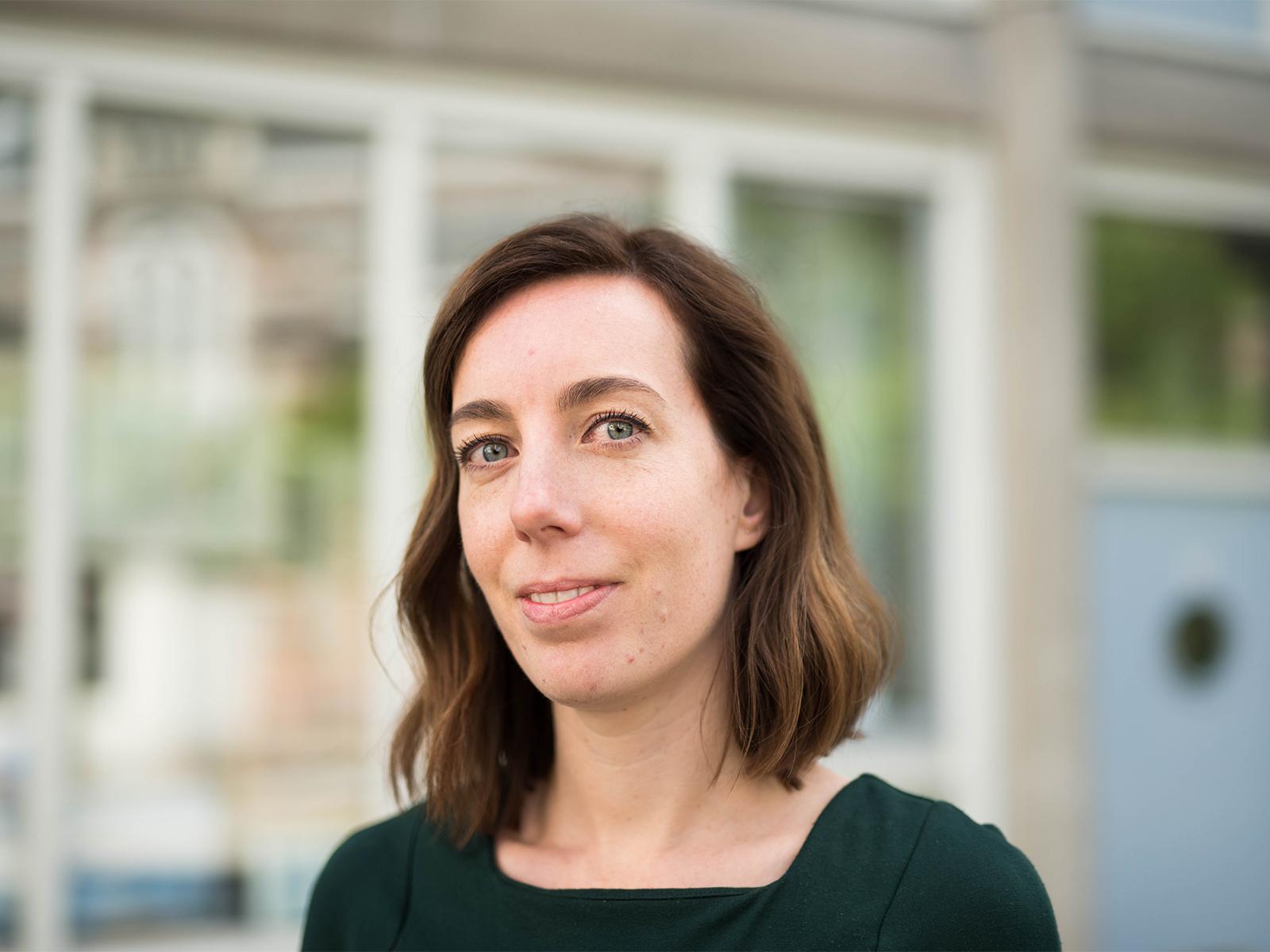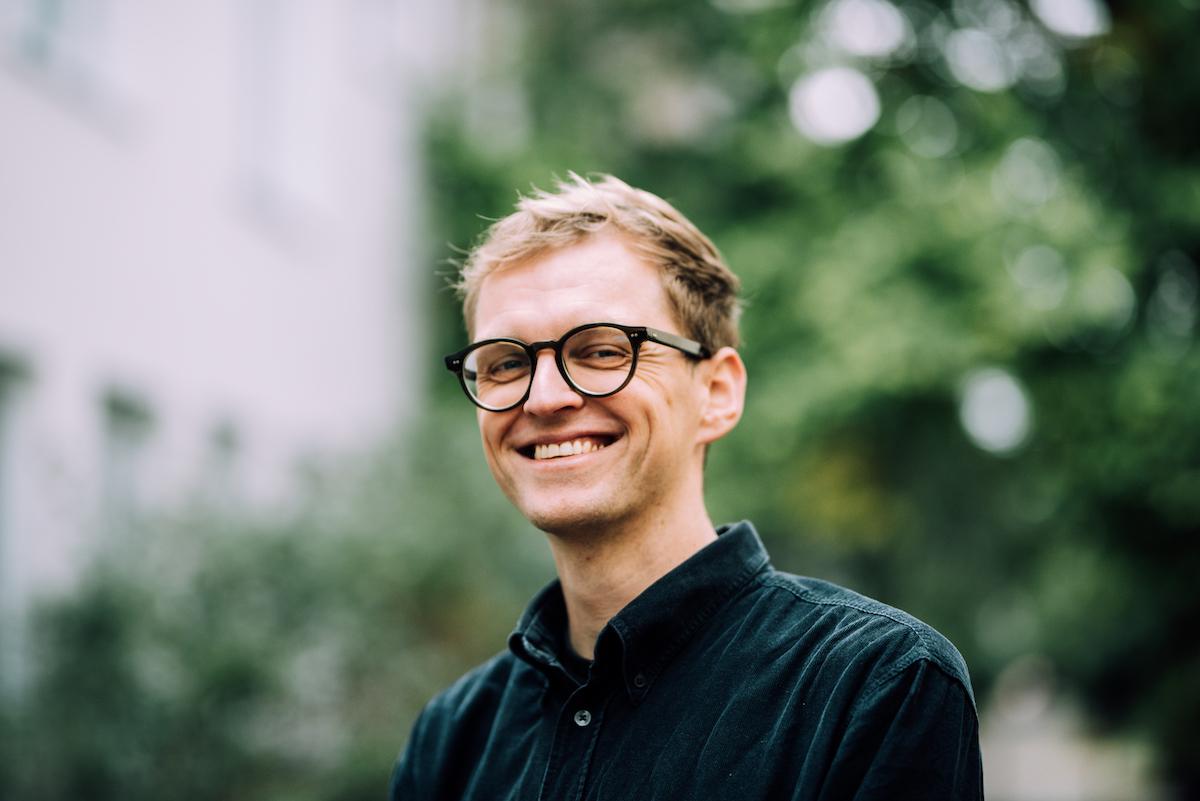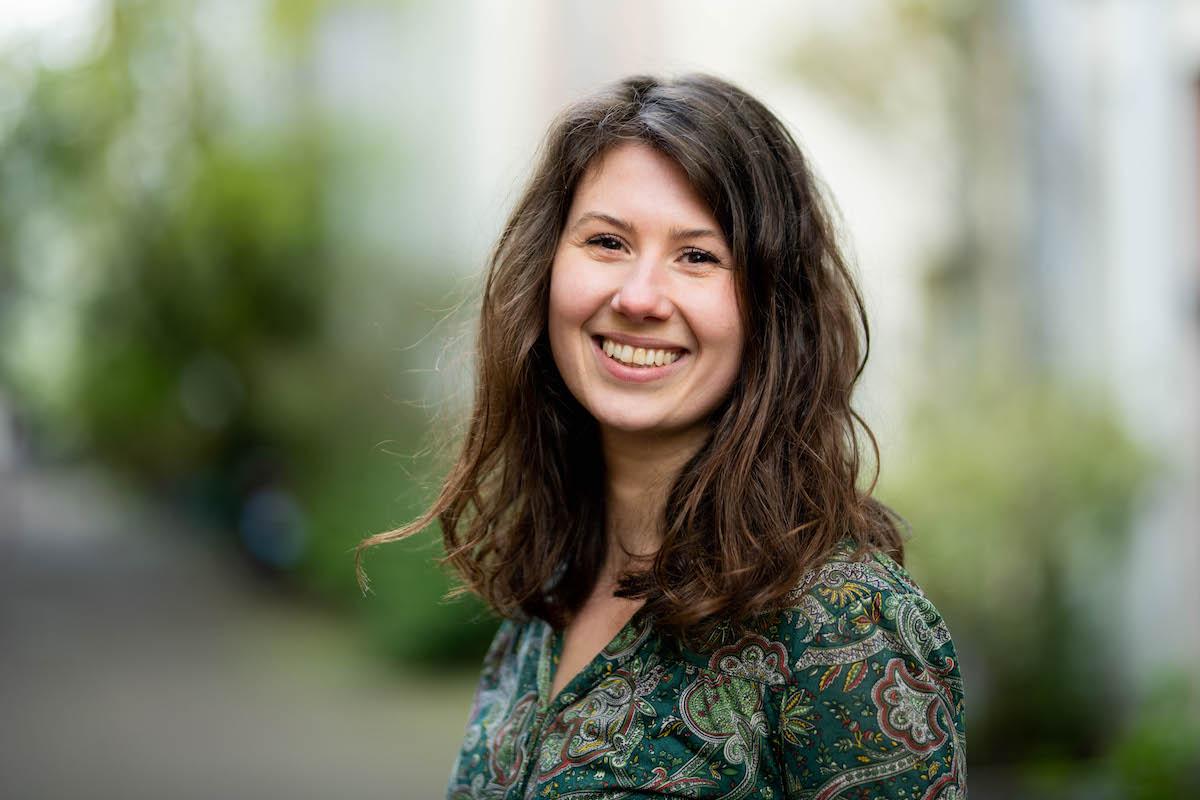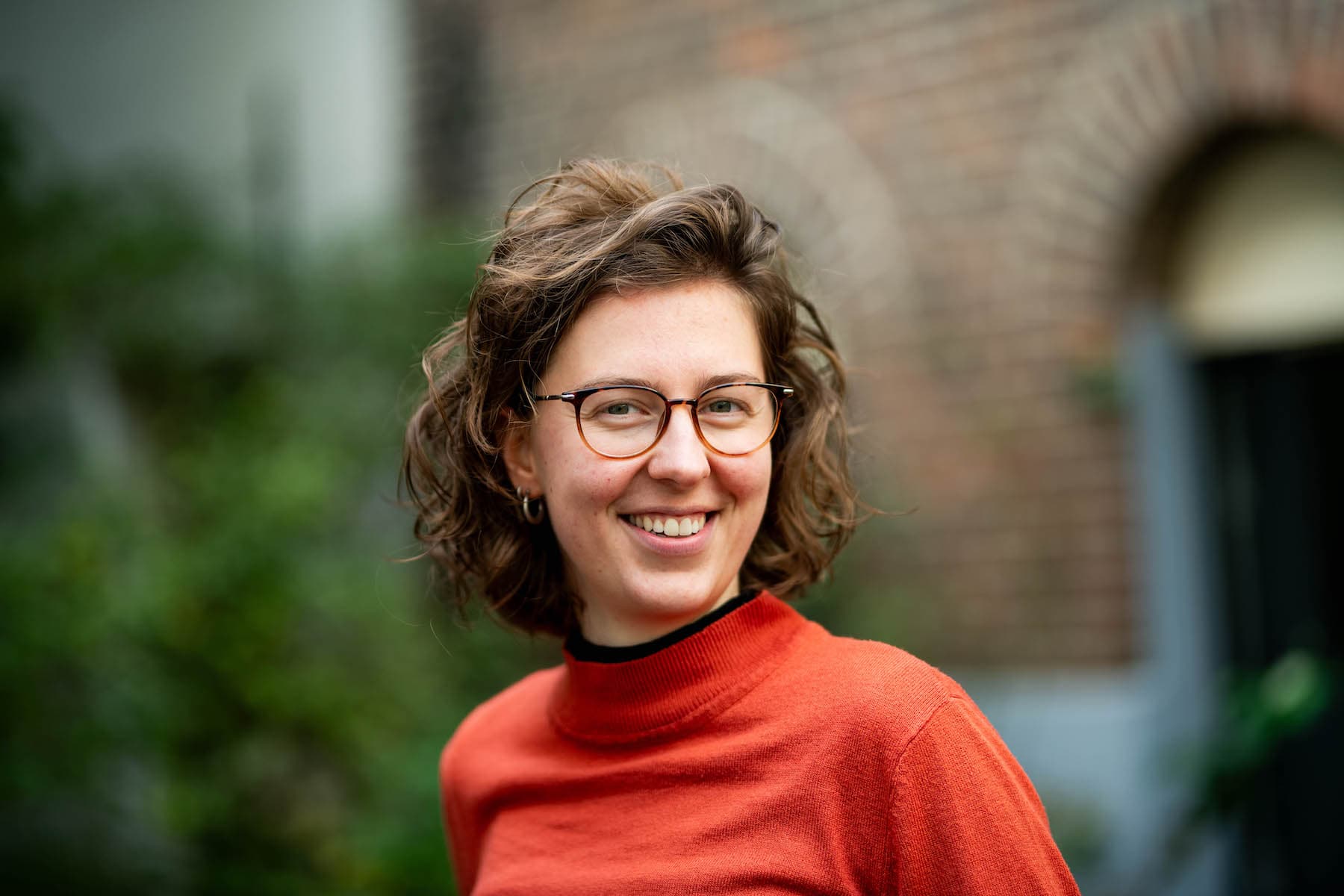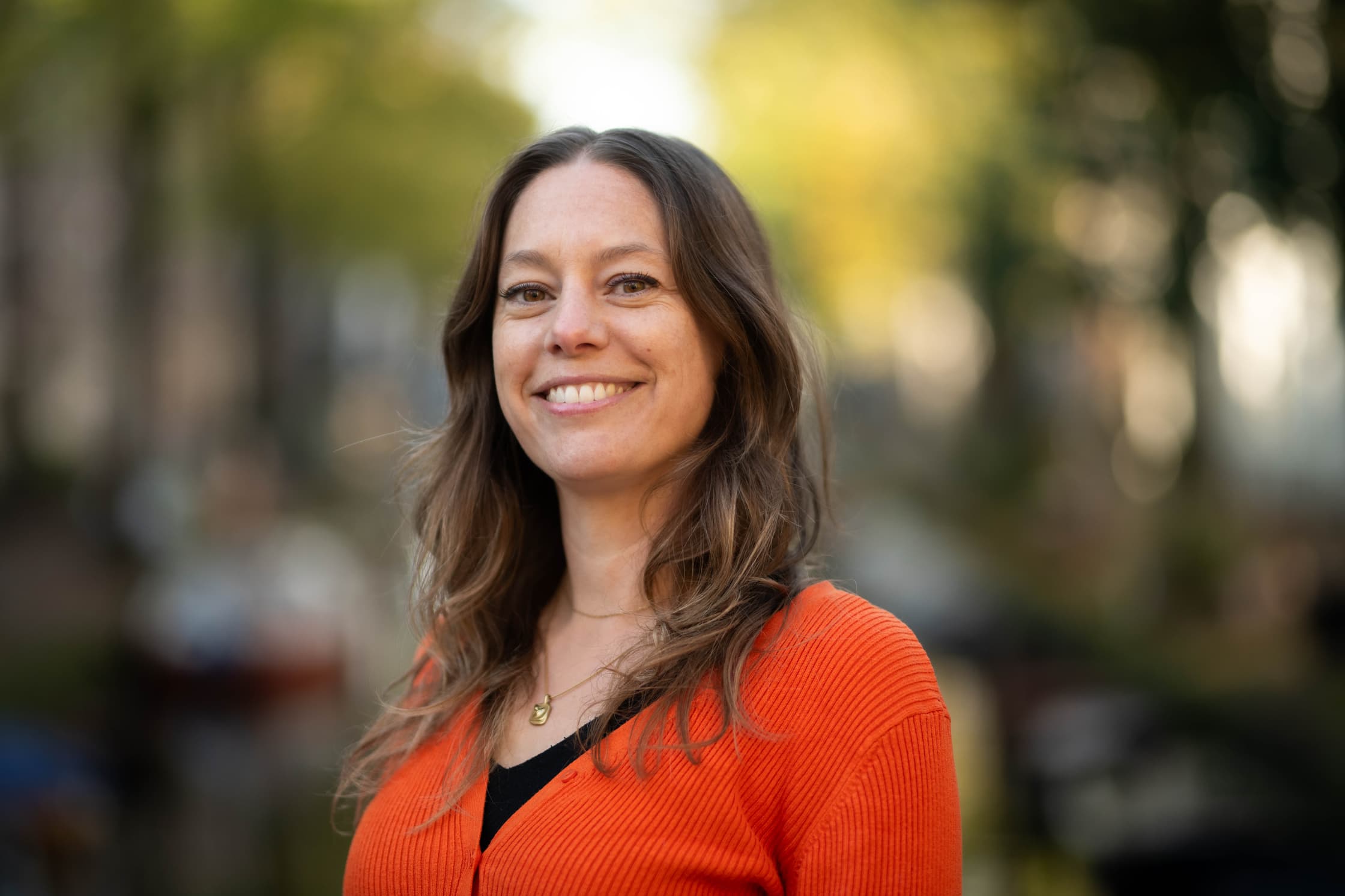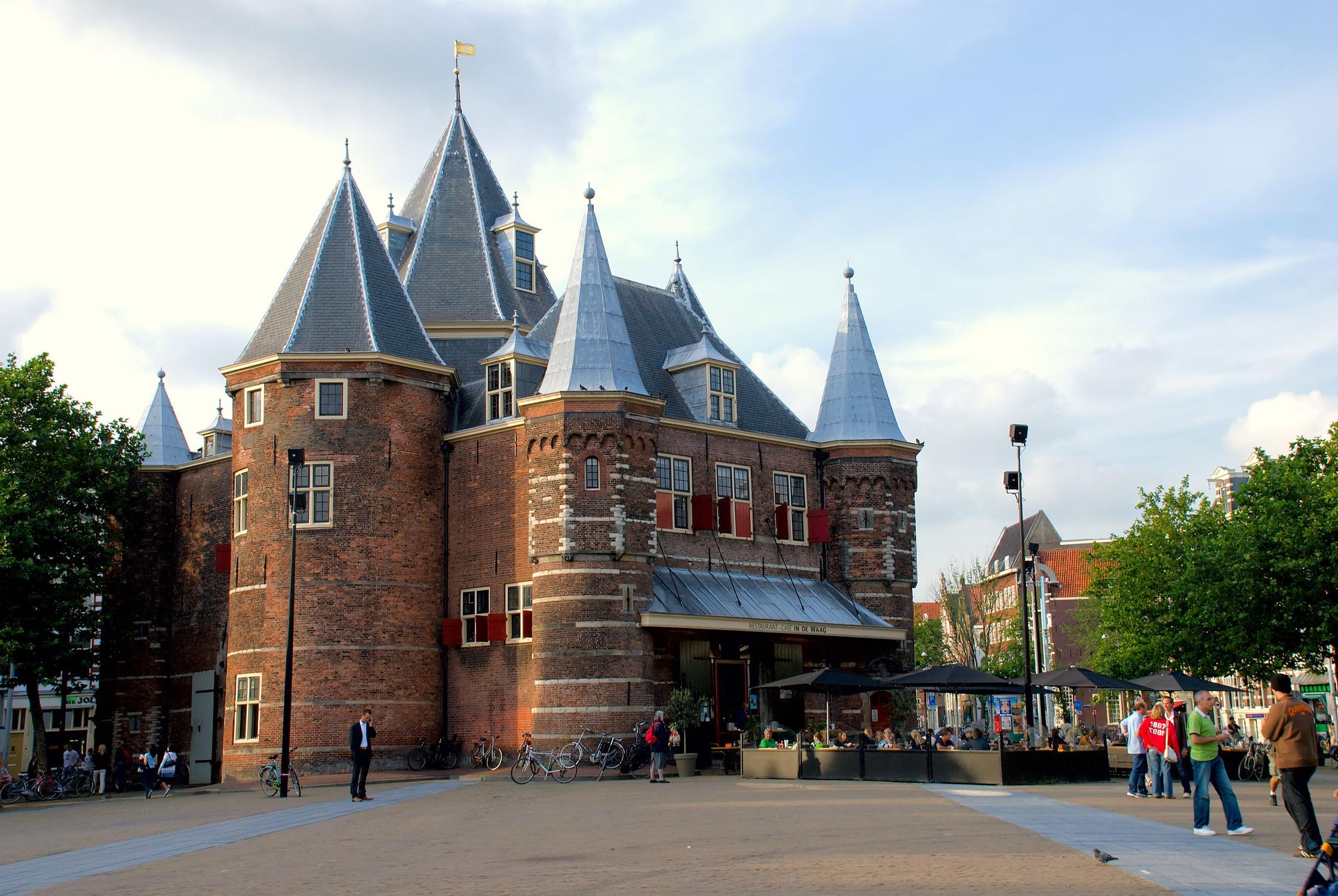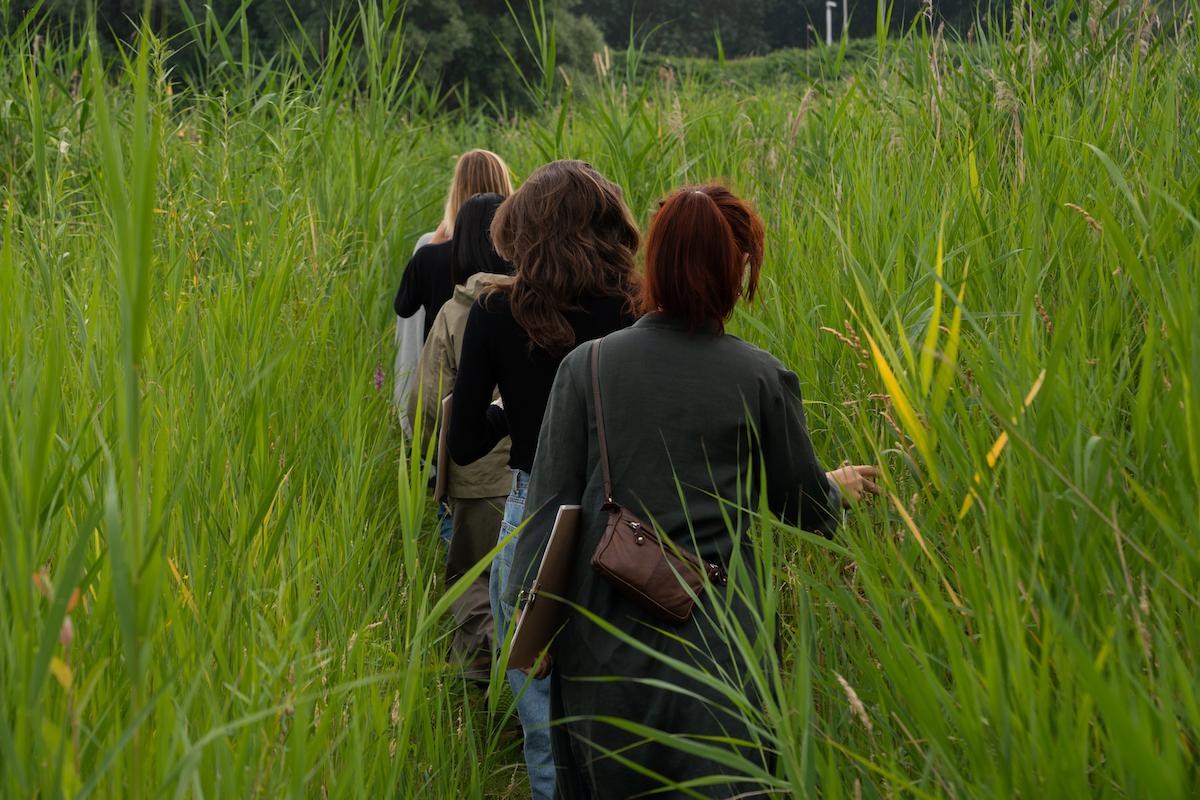
Current projects
Werkplaats voor de toekomst

Urban Ecology Lab
Werkplaats voor de toekomst
Werkplaats voor de toekomst is a national network, programme and platform to strengthen the role of the creative sector in societal challenges.Stem van het water

Urban Ecology Lab
Stem van het water
In Stem van het water, Waag designs a method to make perspectives of both humans and animals, plants and micro-organisms on the IJ visible to each other. How can visibility and interventions help to be more considerate of each other?Voedselpark Amsterdam
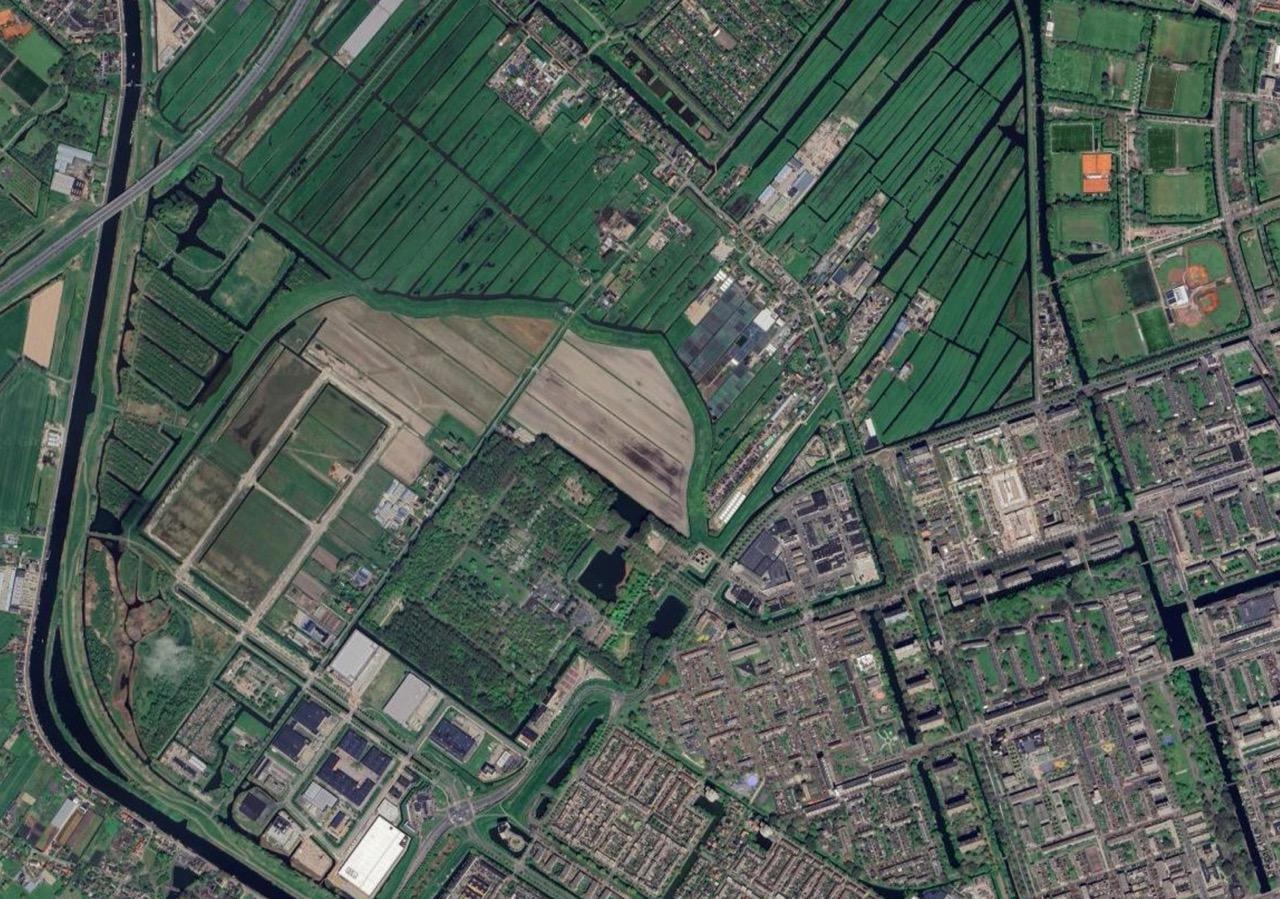
Urban Ecology Lab
Voedselpark Amsterdam
Waag Futurelab, Stichting Voedselpark Amsterdam and artist Esra Sakir, investigate the relationship between het Voedselpark and the Nieuw-West neighbourhood. What role does food and local food production play for the neighbourhood?Designing regenerative technologies

Urban Ecology Lab
Designing regenerative technologies
In the project Designing Regenerative Technologies Waag investigates the impact of digital technology on our planet and develops ways of designing regenerative technologies.T-Factor
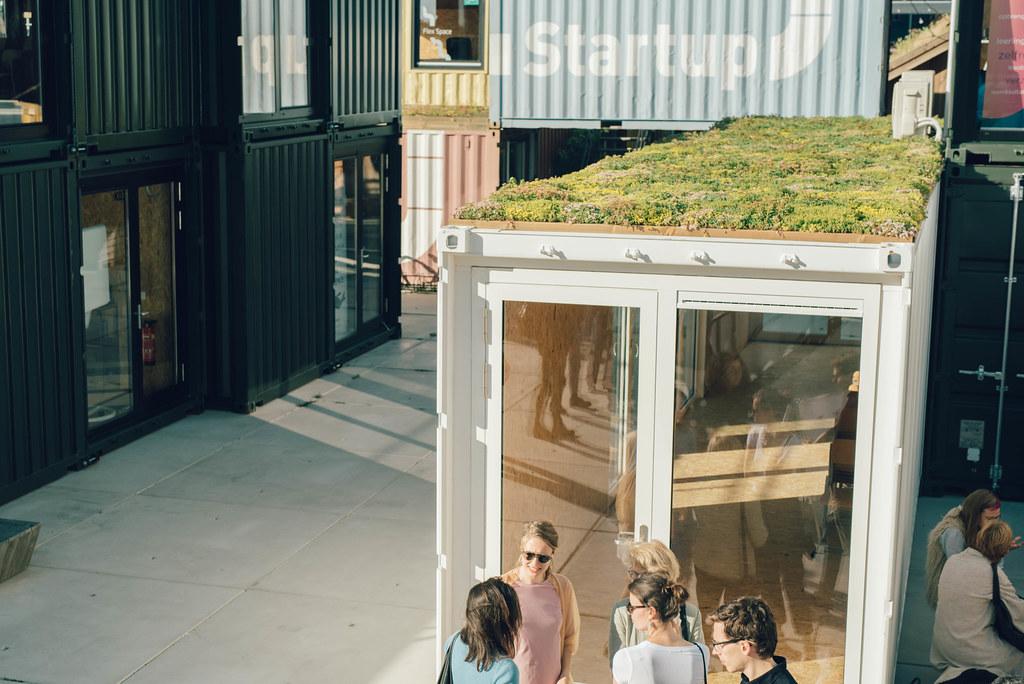
Urban Ecology Lab
